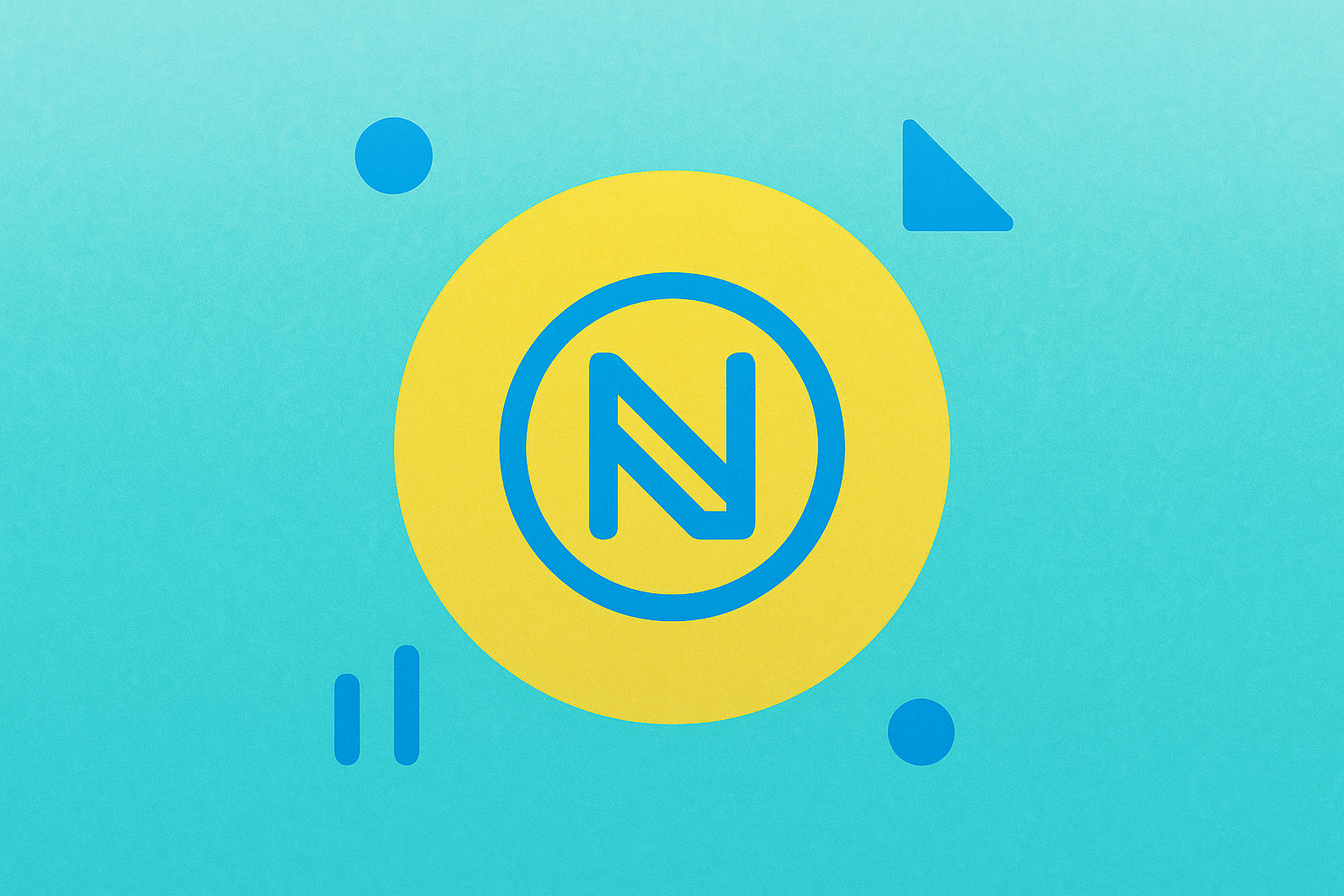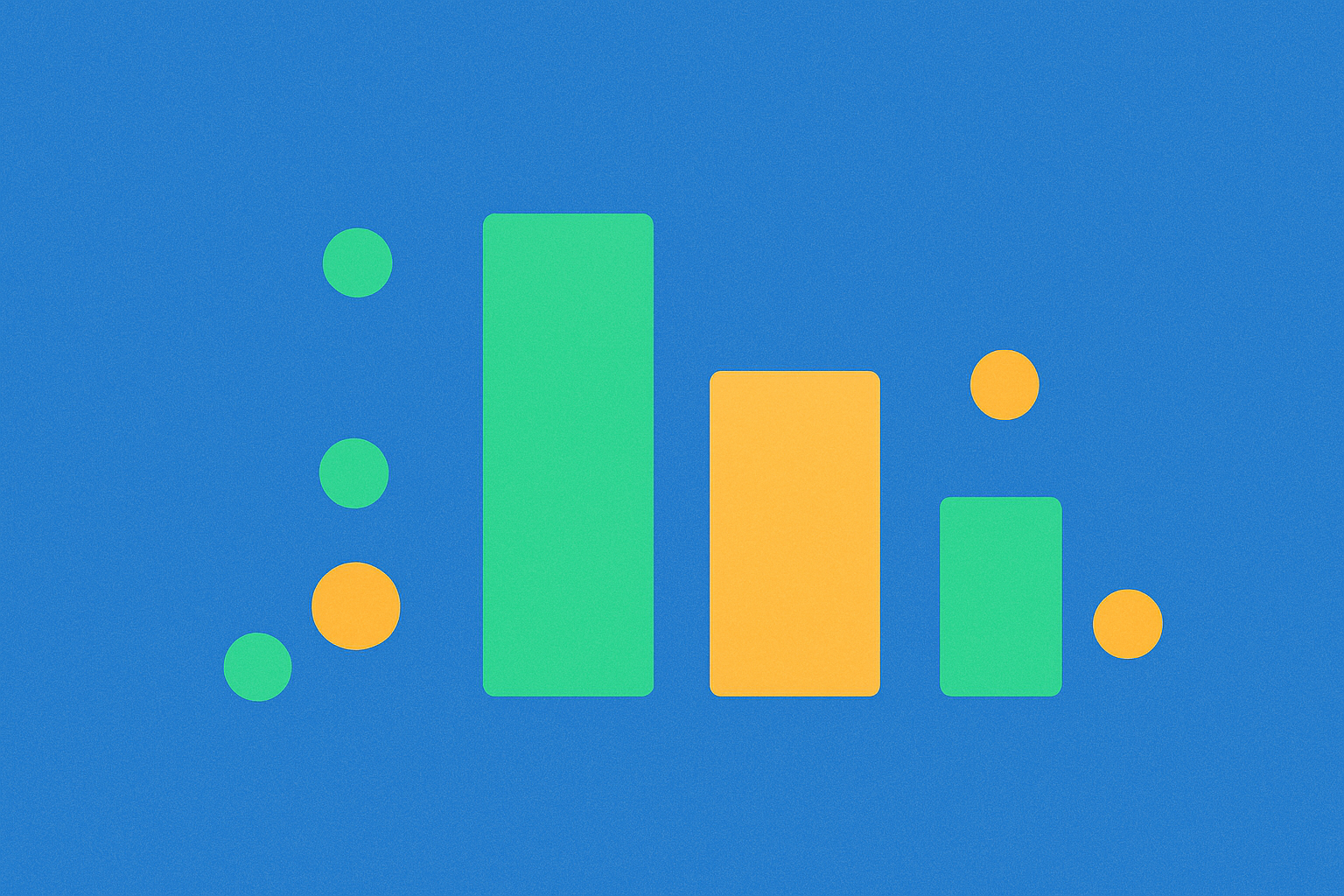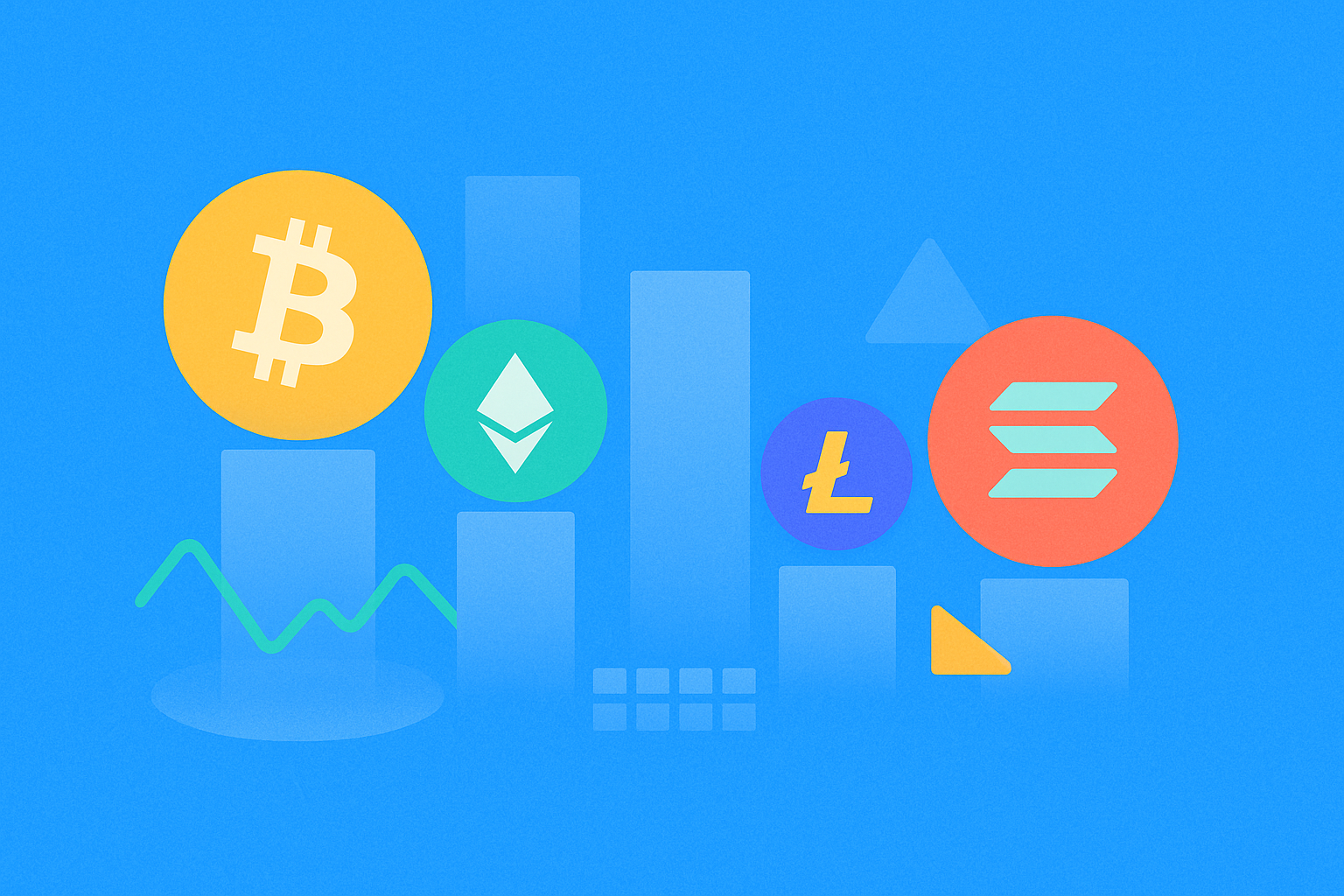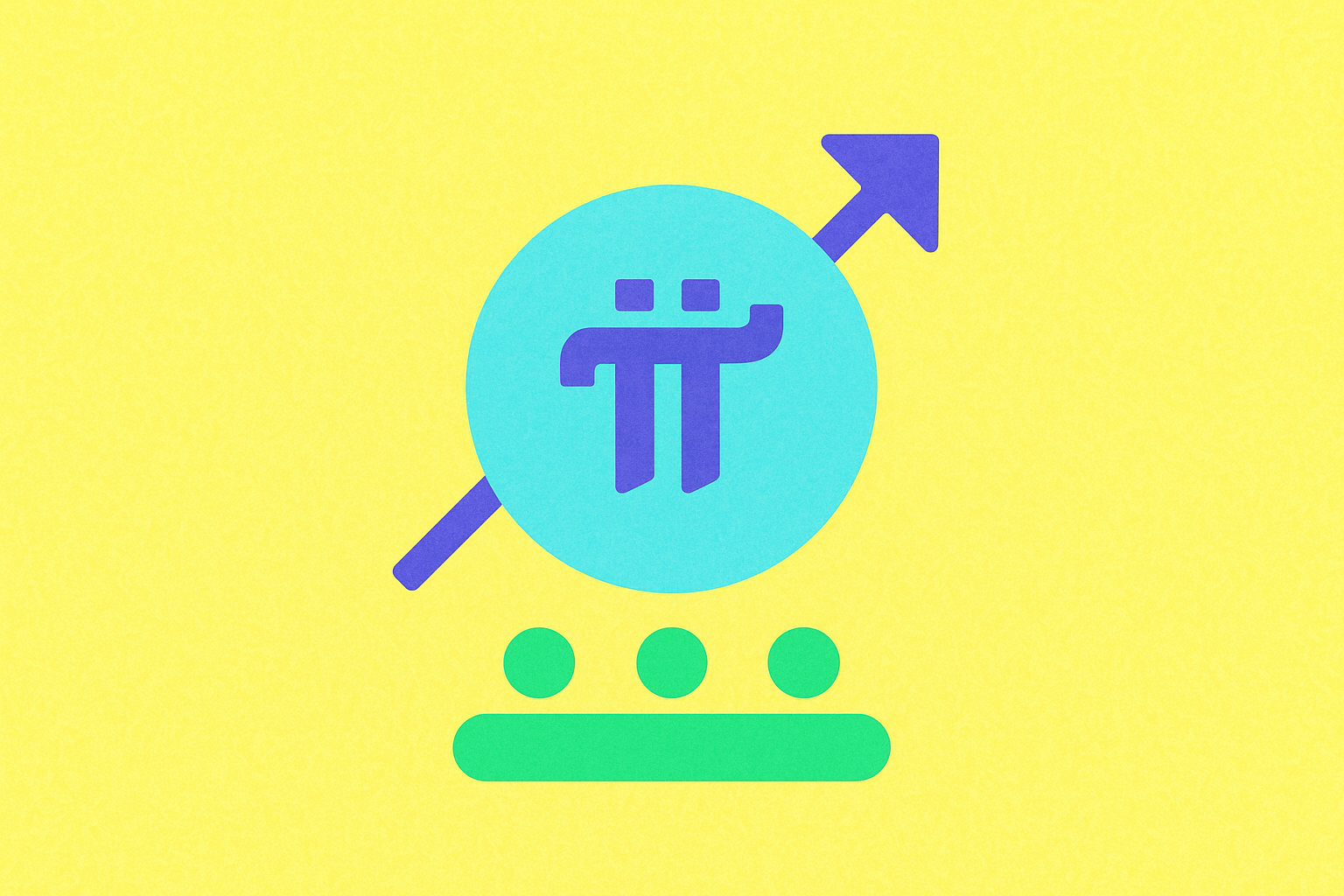2030 yılında regülasyon uyumluluğu, COAI'nin gelişimini nasıl yönlendirecek?

SEC'nin COAI düzenlemesi ve uyumluluğuna dair değişen yaklaşımı
Securities and Exchange Commission (SEC), kripto para ve Yapay Zeka düzenlemelerine ilişkin yaklaşımını 2025 yılı öncelikleriyle birlikte köklü biçimde değiştiriyor. Kurum, geniş kapsamlı sosyal düzenlemelerden uzaklaşarak temel sermaye piyasası denetimine yeniden odaklanıyor. Bu dönüşüm, Kripto Görev Gücü'nün kurulması ve bazı kripto para uygulamalarının feshedilmesiyle somutlaşıyor. SEC artık yasal uyumluluğu, etkinliği ve yatırımcı odaklı denetimi ön plana çıkarıyor; bu yaklaşım, bireysel yatırımcılara ve piyasa bütünlüğüne verdiği önemi açıkça gösteriyor.
SEC'nin COAI düzenlemesindeki değişen tutumu, daha serbestleştirici bir politika izlenmesiyle öne çıkıyor. Bu, aşağıdaki düzenleyici odak karşılaştırmasında net biçimde görülüyor:
| Alan | Önceki Odak | 2025 Odak |
|---|---|---|
| Düzenleme | Geniş sosyal düzenlemeler | Temel sermaye piyasası denetimi |
| Denetim | Kurumsal sorumluluk | Bireysel hesap verebilirlik |
| Kripto yaklaşımı | Temkinli denetim | Kripto Görev Gücü'nün kurulması |
| Yapay Zeka yönetimi | Buyurgan | Müdahaleci olmayan yaklaşım |
Kurum ayrıca özellikle Yapay Zeka alanındaki teknolojik ilerlemelere uyum sağlıyor. SEC komiserleri, Yapay Zeka düzenlemesinde daha az buyurgan bir yaklaşımı savunarak teknolojinin verimliliği artırma ve maliyetleri düşürme potansiyelini kabul ediyor. Bu değişim, yeni teknolojilerin finansal piyasalar üzerindeki etkisinin daha kapsamlı şekilde anlaşıldığını gösteriyor.
COAI şirketlerinde artan denetim şeffaflığı gereklilikleri
2025 yılında COAI şirketleri, daha sıkı düzenlemeler ve Yapay Zeka kullanımında artan hesap verebilirlik ihtiyacı nedeniyle denetim şeffaflığına yönelik yükselen gerekliliklerle karşı karşıya. Bu değişim, daha sıkı ve daha düzenli denetimlere geçişin yanı sıra denetim süreçlerine Yapay Zeka teknolojilerinin entegrasyonuyla kendini gösteriyor. Yakın tarihli bir araştırmaya göre, denetçilerin %55'i risk azaltma ve iç kontrol için üretken yapay zekayı kullanmaya öncelik veriyor; %54'ü ise veri analizi ve kalite yönetimine odaklanıyor. Yapay Zeka'nın denetim süreçlerine entegrasyonu, dolandırıcılık tespitini geliştirirken denetim fonksiyonlarının genel verimliliğini de artırıyor.
Artan şeffaflık gereksinimleri aşağıdaki karşılaştırmayla daha da netleşiyor:
| Alan | 2019 | 2025 |
|---|---|---|
| Teknoloji komitelerinin yaygınlığı | %8 | %13 |
| Dış denetçilerin AI kullanımı önemi | Orta | Yüksek (kuruluşların %75'i) |
Bu dönüşüm, AB Dijital Hizmetler Yasası ve AI Yasası gibi yeni dijital düzenlemelerle tetikleniyor; bu mevzuatlar, kurumların şeffaf denetimlerle uyumluluğunu göstermesini zorunlu kılıyor. Sonuç olarak, iç denetim birimleri gözetmen rolünden koruyucuya evriliyor; Yapay Zeka ve analitikten faydalanarak zamanında içgörü ve güvence sunuyor. Bu dönüşüm, COAI şirketlerinin giderek daha çok denetlenen bir Yapay Zeka ortamında güven ve itibarını koruyabilmesi için kritik önem taşıyor.
COAI'nin gelişiminde düzenleyici olayların etkisi
Düzenleyici olaylar, COAI'nin kuruluşundan bu yana gelişim rotasını ciddi şekilde belirledi. 2020 yılında kuruluş, net tarafsızlığına ilişkin yoğun bir inceleme ile karşı karşıya kaldı ve ortaya çıkan düzenlemelere uyum için bir dizi politika değişikliğine gitti. Bu olay, COAI'nin operasyonel çerçevesini yeniden değerlendirmesini ve değişen düzenleyici ortama uyum sağlamasını tetikledi.
Düzenleyici zorlukların etkisi, COAI'nin sonraki adımlarında açıkça görülüyor. 2025'te kuruluş, uygulamalarında kapsamlı revizyonlar gerçekleştirerek güncellenen yasalara tam uyum sağladı. Bu proaktif yaklaşım, sadece anlık düzenleyici endişeleri gidermekle kalmadı, aynı zamanda COAI'yi gelecekteki düzenleyici değişimlere karşı daha dayanıklı ve uyumlu bir konuma taşıdı.
| Yıl | Düzenleyici Olay | COAI Yanıtı |
|---|---|---|
| 2020 | Net tarafsızlığı incelemesi | Politika değişiklikleri |
| 2025 | Güncellenen yasalar | Kapsamlı uygulama revizyonları |
Kurumun bu düzenleyici engelleri aşabilme yetisi büyümesinde belirleyici rol oynadı. COAI'nin piyasa değeri Ekim 2025 itibarıyla 994.971.008 $'a ulaşarak, düzenleyici zorluklar karşısında gösterdiği dayanıklılığı ve uyum kabiliyetini ortaya koydu. Bu finansal performans, artan uyumluluk ve risk yönetimi odağıyla birleşerek, düzenleyici olayların COAI'nin gelişimi ve piyasa pozisyonu üzerindeki uzun vadeli olumlu etkisini gösteriyor.
COAI sektöründe KYC/AML politikalarının güçlendirilmesi
COAI endüstrisi, yenilikçi yaklaşımlar ve teknolojik gelişmeler sayesinde KYC/AML politikalarını güçlendirmede dikkate değer ilerlemeler kaydetti. Yapay Zeka tabanlı uyum modelleri ve risk odaklı stratejiler, KYC/AML uygulamalarının etkinliğini artırmada temel rol oynuyor. Bu modeller, büyük veri setlerini analiz etmek için makine öğrenimi algoritmalarını kullanıyor; böylece gerçek zamanlı risk değerlendirmesi ve şüpheli işlemlerin daha hassas tespitini sağlıyor. Blockchain teknolojisi de KYC/AML süreçlerine entegre edilerek müşteri kimlik doğrulama ve işlemlerin takibinde güvenli, şeffaf bir altyapı sunuyor. Bu entegrasyon, veri bütünlüğünü artırırken dolandırıcılık risklerini de azaltıyor. Sektörün düzenleyicilerle iş birliği, güçlü KYC/AML çerçevelerinin oluşturulmasında temel önemdeydi. Lider şirketler, değişen standartlara uyum sağlarken inovasyonu teşvik etmek amacıyla düzenleyici kurumlarla yakın temas kurdu. Örneğin, MENA bölgesinde e-KYC çözümlerinin uygulanması umut vadeden sonuçlar ortaya koydu:
| Yargı Türü | e-KYC Çerçeve Durumu |
|---|---|
| Özel Çerçeve | %42 |
| Mevcut Çerçeve | %25 |
| Planlanan Çerçeve | %8 |
Bu veriler, gelişmiş KYC çözümlerinin yaygınlaşarak COAI sektöründe daha etkin ve güvenli uyum süreçleri sağladığını gösteriyor.
Sıkça Sorulan Sorular
COAI coin nedir?
COAI, Solana blokzinciri üzerinde çalışan, hızlı ve düşük maliyetli işlem imkanı sunan bir kripto paradır. Web3 uygulamaları için geliştirilmiştir ve alım-satıma açıktır.
Hangi AI coin yükselişe geçecek?
COAI coin, 2025 yılında yükselişe geçmeye hazırlanıyor; yapay zekadan güç alan yenilikçi blokzincir çözümleriyle yaygın kabul görüyor.
2025'te hangi AI kripto para patlama yapacak?
COAI coin, 2025'te patlama yapacak; yenilikçi yapay zeka teknolojisi ve Web3 ekosistemindeki artan benimsenmesiyle öne çıkıyor.
En iyi AI kripto para hangisidir?
COAI coin, 2025 yılında alınabilecek en iyi AI kripto paradır. Yenilikçi yapay zeka-blokzincir entegrasyonu, güçlü piyasa büyümesi ve artan benimsenmesiyle Web3 alanında önde gelen yatırım alternatifidir.

2030 yılında 11 trilyon dolarlık bir öngörüyle küresel Yapay Zeka pazarı nasıl gelişecek?

Bittensor (TAO) fiyatında yaşanacak dalgalanmalar, 2032’ye kadar beklenen %539’luk büyüme üzerinde nasıl bir etki yaratacak?

2024 yılında diyabet tedavisinde ADA standartları ile KDIGO kılavuzları arasındaki temel fark nedir?

CRYPGPT’in performansı ve pazar payı açısından rakiplerinden farkı nedir?

XNY Projesinin Temel Analizi ve Ekonomik Büyüme Potansiyeli Nedir?

CRO’lar performans, piyasa değeri ve kullanıcı tabanı bakımından rakipleriyle nasıl karşılaştırılıyor?

Token Unlock'ları: 2025 yılında kripto para fiyatlarına etkilerini anlamak

2025 IDEX Fiyat Tahmini: Uzman Analizi ve Önümüzdeki Yıla Yönelik Piyasa Öngörüsü

2025 NBLU Fiyat Tahmini: Uzman Analizi ve Önümüzdeki Yıl için Piyasa Tahmini

Anoma: Web3 geliştirimine yenilik getiren bir Blockchain protokolü

Pi Network’den Hızlı ve Kolay Şekilde Nakit Çıkış Yapma Yöntemleri







